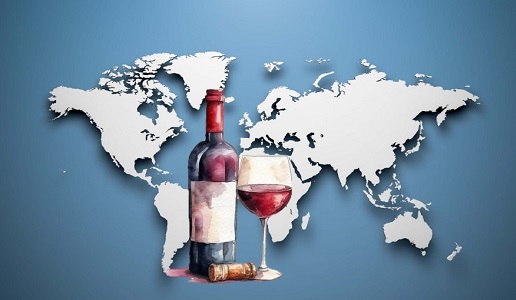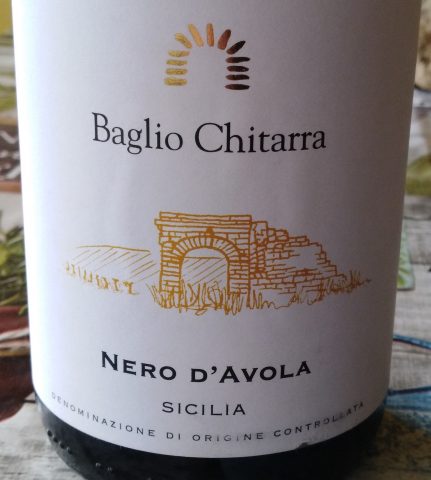Wine consumption falls worldwide

Due to inflation and the unfavorable economic situation, stalled international markets, declining exports and reduced sales volumes in Italy: 2023 is likely to be counted among the worst years for Italian wine. Positive news for Italian producers from the closing of negotiations on the new European regulation on geographical indications, PDOs and PGIs.
The effects of the crisis are also being felt in the wine world. In the first eight months of this year, the quantities of Italian still and sparkling wines purchased in the top 12 international markets (those that weigh more than 60 percent of world wine imports, to be clear) are down 8 percent. The same fate befalls sparkling wines, the category that had instead been growing steadily over the past decade, which record a specular -9 percent. These changes are in line with the market average, with a negative trend that spares few exporting countries and that also sees our first outlet market by value, the United States, reduce imports from Italy by 13 percent.
The United States and international markets were the first in-depth focus of the 10th Wine Monitor Forum, organized by Nomisma and enriched by contributions from Federico Zanella, president & ceo of Vias Imports, and Lamberto Frescobaldi, president of Marchesi Frescobaldi. "In the U.S. market, all major wine exporters are suffering due to a reduction in average consumer spending capacity. Only New Zealand, with its Sauvignon Blanc, does not seem to be experiencing a crisis, posting export growth of more than 20 percent in the first eight months of this year compared to the same period last year," points out Denis Pantini, Nomisma's Head of Agribusiness and Wine Monitor.
It is no better in the domestic market. Wine sales in the retail channel flex - in the cumulative to September - by more than -2% in volume, with higher reductions in GDO in the case of still wines (-3.8%). Only sparkling wine purchases are growing (+2.3%), but the figure hides a "substitution" effect that sees an increase in generic (cheaper) sparkling wines at the expense of denomination, Doc and Docg wines. Unfortunately, forecasts on Italians' consumption behaviors for the next 6 months - deduced from a specific Consumer Survey conducted by Nomisma and commented during the Forum together with Ettore Nicoletto, President & Ceo of Angelini Wines & Estates - are also not positive: net of those who will not change their wine purchases compared to the current situation (at least 6 out of 10 Italians, but in the context of a generalized reduction in consumption), there is a 16% of consumers who plan to reduce them, with the aim of saving on spending in general.
In this complex and uncertain scenario, it is especially small wine companies that are suffering the most, partly due to an internal financial situation that is often undermined by heavy debts that risk exploding as a result of the current squeeze on applied interest rates. Suffice it to say, in fact, that for capital companies with a turnover of up to 10 million euros, financial charges on Ebitda range from 11 percent for companies between 2 and 10 million euros, to 37 percent for those with lower turnover. But as small as they are, we are talking about entities that represent 85 percent of the entrepreneurial fabric of the wine sector, to which almost 50 percent of the people employed are attributable.
But it is not just a matter of financial structure. In fact, a survey carried out by Wine Monitor on Italian wine companies showed that among the needs considered a priority to meet the challenges of the current economic scenario are strategic planning, optimization of production processes and internationalization.
One positive aspect emerging from the reflections shared at the Wine Monitor Forum is the closing of negotiations on the new European regulation on geographical indications, PDOs and PGIs. As stated by Paolo De Castro, president of Nomisma's Scientific Committee and rapporteur for the European Parliament on the reform, "with this new regulation, Italian wines with geographical indications will enjoy greater protection from evocations on the European market, including in the panorama of Internet domains with an immediate geoblocking system, putting an end to the imitation attempts that periodically emerge to the detriment of our oenological excellence. In other words, those loopholes in the system that allow the reputation of appellations to be unduly exploited will be eliminated once and for all, since applications for the registration of traditional mentions, such as that of Prosek, will no longer be able to be taken into consideration as identical or evocative of PDO or PGI names."
Source: Nomisma Press Office

 Italiano
Italiano








